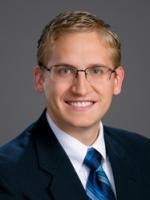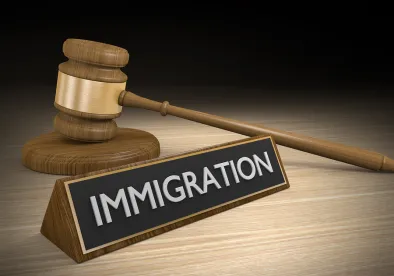On March 3, 2017, U.S. Citizenship and Immigration Services (USCIS) unexpectedly announced that it would temporarily suspend its premium processing service for all H-1B petitions received on or after April 3, 2017. The premium processing program allows a petitioner to receive a decision on its case within 15 calendar days in exchange for payment of an additional government filing fee to USCIS. In the initial announcement, USCIS indicated that the suspension could remain in effect for up to six months.
On June 23, 2017, USCIS announced that H-1B premium processing will again be available as of Monday, June 26, 2017, for H-1B petitions based on the Conrad 30 Visa Waiver and other governmental interest waivers. This resumption of premium processing applies to a very small class of H-1B cases, as explained below, but may be an early indicator of USCIS’s willingness to reopen the premium processing program to H-1B petitions as a whole sooner than anticipated.
What Is the Conrad 30 Waiver Program?
The Conrad 30 Waiver Program allows certain medical doctors to stay in the United States on a temporary visa after completing their medical training to work in areas that have a shortage of physicians. The program allows physicians who were on a J-1 visa for medical training to receive a waiver of the two-year home residency requirement if they work for three years in H-1B status in a medically underserved area, as defined by the Department of Health and Human Services. Without a waiver, these physicians would be required to return to their country of nationality for two years before they could apply to become a lawful permanent resident of the United States.
USCIS has likely opened premium processing to this class of H-1B petitions because the timing considerations are particularly difficult with this type of petition. To obtain a waiver of the two-year residence requirement, a J-1 medical doctor must (1) obtain the sponsorship of a state health department, (2) obtain the U.S. Department of State’s approval of the J-1 Visa Waiver, and (3) receive final approval from USCIS of the J-1 Conrad 30 Waiver. Once USCIS approves the waiver, the medical doctor must enter into employment at the healthcare facility within 90 days of receipt of the waiver. The physician must have an H-1B change of status petition approved by USCIS prior to commencing employment. Without premium processing, it is nearly impossible, given recent processing times, for the physician to comply with the requirement that he or she enter into employment within 90 days of approval of the J-1 Conrad 30 Waiver.
The resumption of premium processing for this narrow subset of H-1Bs will allow petitioning employers and physicians applying for H-1B visas under the Conrad 30 Waiver Program to comply with the stringent timing requirements associated with the Conrad 30 program.
Will Premium Processing Become Available for More H-1B petitions?
In its June 23, 2017, announcement, USCIS indicated that the agency “plans to resume premium processing of other H-1B petitions as workloads permit” and that it “will make additional announcements with specific details related to when we will begin accepting premium processing for those petitions.”
As discussed in our recent articles, “Mapping the Impact From USCIS’s Surprise Suspension of H-1B Premium Processing” and “How Will Cap-Exempt Institutions Respond to USCIS’s Suspension of H-1B Premium Processing?,” the impact of USCIS’s suspension of H-1B premium processing on H-1B cap-subject and cap-exempt employers, employees, and international students has been serious. This limited resumption of H-1B premium processing for a very narrow class of cases does not resolve the vast majority of concerns and issues related to the lack of premium processing.
What Options Are Available to Expedite Other H-1Bs?
While premium processing remains unavailable for most H-1B petitions, petitioning employers may request faster processing based on USCIS-defined “expedite criteria.” USCIS may expedite a petition, at the agency’s discretion, if it meets one of the following strict criteria:
- Severe financial loss to a company or person
- Emergency situation
- Humanitarian reasons
- Nonprofit organization whose request is in furtherance of the cultural and social interests of the United States
- Department of Defense or a national interest situation (these particular expedite requests must come from an official U.S. government entity and state that delay will be detrimental to the government.)
- USCIS error
- Compelling interest of USCIS
In recent practice, expedite requests have been very difficult to obtain. In appropriate situations, however, employers may want to strongly consider requesting expedited processing, as no additional government filing fee is required and there are no downsides to the denial of an expedite request.
Conclusion
H-1B premium processing has resumed for only a very small subset of cases. USCIS may continue to phase in premium processing for other classes of H-1B petitions. In the meantime, expedited processing may still be requested in appropriate cases, but the ultimate success of this approach is dependent on USCIS’s discretion.




 />i
/>i

